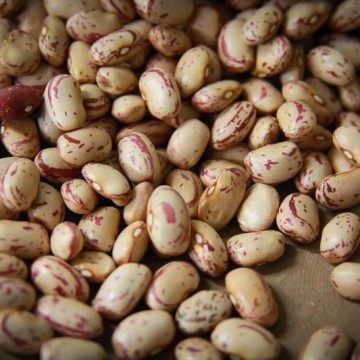Human Ecology Diet
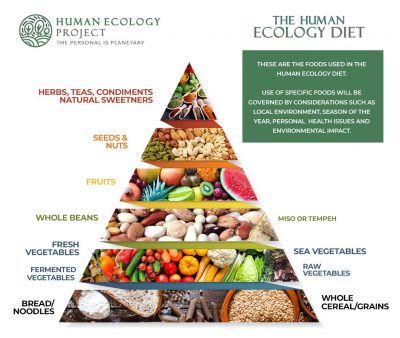
The topic of nutrition has become a bewildering landscape of cultural myth and vested interest. There is an urgent need for a new approach to human diet, one that cuts through the commercial PR, the political caution and the nutritional confusion.
The human ecology approach to eating addresses these concerns with a fusion of two important doctrines. The first of these are the ecological insights of ancient Asian health care found in macrobiotic studies. This tradition points to the benefits of seasonal, regional and ecologically sustainable nutrition.
The second set of standards come from the ethic of the modern vegan approach to eating that drives the leading edge of contemporary nutritional science proven by both medical study and extensive epidemiological research.
The human ecology way of eating addresses the requirements for vibrant health as well as a delicious, diverse and socially responsible way of eating.
Over the past decade’s nutritional studies have shifted away from whole foods and toward the individual components of food. While that is an interesting study, it has really not informed the debate as to what a healthy diet looks like. What foods do we need in order to get the proper balance of nutrients? It turns out that the answer is not a mystery.
If we look at the leading edge of nutritional science, we see that there is little disagreement. Certainly, there are conflicts with those who stubbornly defend the past, who have a vested interest in a particular product, or who refuse to believe that the foods they love can possibly be harmful; but these arguments are superficial and unimportant. If we apply the considerations of personal health, social justice, environmental concerns, and ethical considerations, that we stress through our teaching of Macrobiotics and our Vegan approach, we arrive at the Human Ecology Diet.
It is a simple approach and contains all the foods essential for personal, social, and environmental well-being. The ingredients are not “superfoods” packed with powerful and mysterious micronutrients. In fact, a healthy diet is more a fusion of traditional diets from around the world with the simple considerations of ecological and economic realities taken into account. These foods are low in calories and nutrient dense. They are foods that reduce nutritional stress since they are particularly suited to feeding a healthy gut biome, are easy to digest, assimilate and metabolize.
The food groups listed below are not based exclusively on botanical classifications but, rather, on the groupings that are familiar to a person shopping in a local market. We are not big fans of dietary pyramids or pie charts. They often give a rigid idea about what people should eat. We do however understand that it can be helpful as a general guide for the relationship of one food group to another.
Enjoy being a happy healthy vegan.
In good health

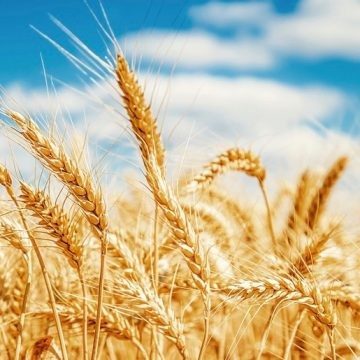
Wholegrain
The Truth About Wholegrain The Human Ecology Diet has cereal grain as its foundation. Taken as a group, the grains can feed more people per acre with semi-perishable food than... Read more
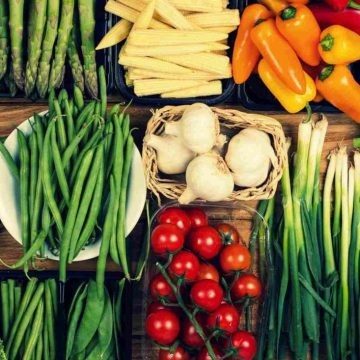
Vegetables
Vegetables reflect the changing of the seasons; the different colors that that they show indicate the phytonutrients that are in the foods. A good guideline is to always try... Read more
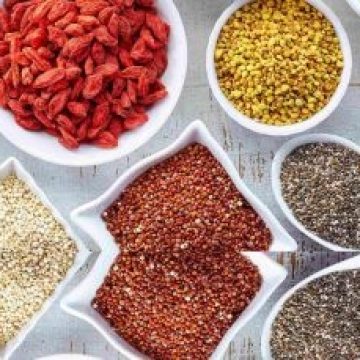
Simple Condiments
In the Human Ecology Diet, we use few table condiments. Our cooking condiments are generally miso and soy sauce. These products contain salt, so use them sparingly or not... Read more

Teas and Beverages
Here is a list of some of the most popular teas used on the Human Ecology Diet. Always buy “organically grown” and “fair trade” products. Water I know, not a tea.... Read more


